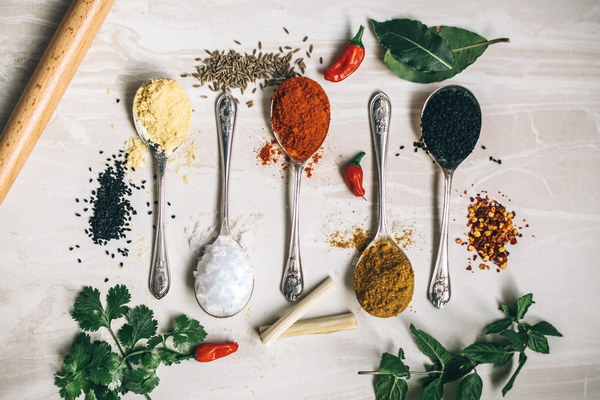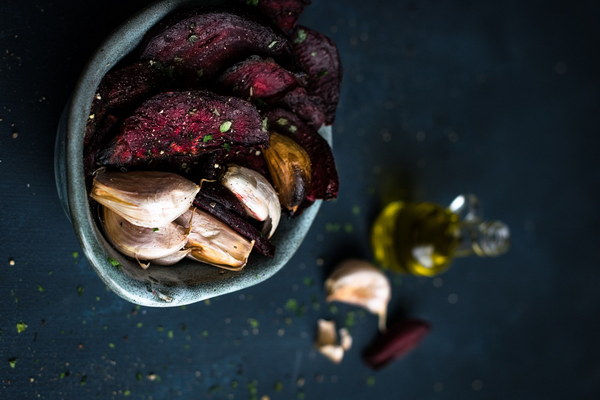Harmonizing Lung and Liver in Adults A Holistic Approach to Wellness
In the realm of traditional Chinese medicine, the concept of balancing the lung and liver is a fundamental aspect of maintaining overall health and well-being. This holistic approach focuses on the interconnectedness of these two vital organs, recognizing that their harmonious function is crucial for the body's ability to resist illness and maintain vitality. This article delves into the significance of adult lung and liver balance, offering insights into the principles behind this practice and practical strategies to achieve it.
The Lung and Liver in Traditional Chinese Medicine

In TCM, the lung and liver are considered to be two of the most important organs, each playing a distinct yet interconnected role within the body's internal environment. The lung is responsible for the intake of oxygen and the expulsion of carbon dioxide, as well as the regulation of body fluid balance. It is also closely associated with the respiratory system and plays a vital role in immunity.
The liver, on the other hand, is responsible for filtering blood and metabolizing toxins, as well as storing energy in the form of blood. It is also closely connected to emotions, particularly anger and frustration, which can have a direct impact on liver function.
The Interplay Between Lung and Liver
The lung and liver are in constant communication, with the lung providing fresh oxygen to the liver and the liver, in turn, providing blood and nutrients to the lung. This interplay is crucial for the body's overall health, as an imbalance in either organ can lead to a host of issues.
For example, if the lung is weakened due to factors such as pollution or stress, it may fail to provide enough oxygen to the liver, leading to a buildup of toxins. Conversely, if the liver is overburdened with toxins or emotional stress, it may fail to filter the blood properly, leading to a weakened lung and a compromised immune system.
Practical Strategies for Achieving Lung and Liver Balance
1. Breathing Exercises: Deep, diaphragmatic breathing can help strengthen the lung and improve oxygen flow throughout the body. Techniques such as tai chi, qigong, or pranayama can be particularly beneficial.
2. Diet: A balanced diet rich in fruits, vegetables, and lean proteins can support both lung and liver function. Foods that are particularly beneficial for the liver include bitter greens, cruciferous vegetables, and nuts. Avoiding excessive alcohol and processed foods can also help maintain liver health.
3. Herbs and Supplements: Certain herbs and supplements can support lung and liver function. These include milk thistle, dandelion root, and turmeric. It is important to consult with a healthcare professional before starting any new supplement regimen.
4. Emotional Health: Managing stress and emotional well-being is crucial for maintaining lung and liver balance. Practices such as meditation, yoga, or journaling can help regulate emotions and support liver function.
5. Acupuncture and Massage: These ancient healing modalities can help alleviate tension and promote the flow of Qi (vital energy) throughout the body, supporting the lung and liver's harmonious function.
6. Regular Exercise: Engaging in regular physical activity can boost lung capacity, improve circulation, and reduce stress, all of which support liver health.
Conclusion
Achieving lung and liver balance is essential for overall well-being in adults. By incorporating these holistic strategies into daily life, individuals can support the health of these vital organs, enhance their immune systems, and maintain a sense of vitality. Embracing the principles of TCM can lead to a more balanced and fulfilling life, where both the body and mind are in harmony.









